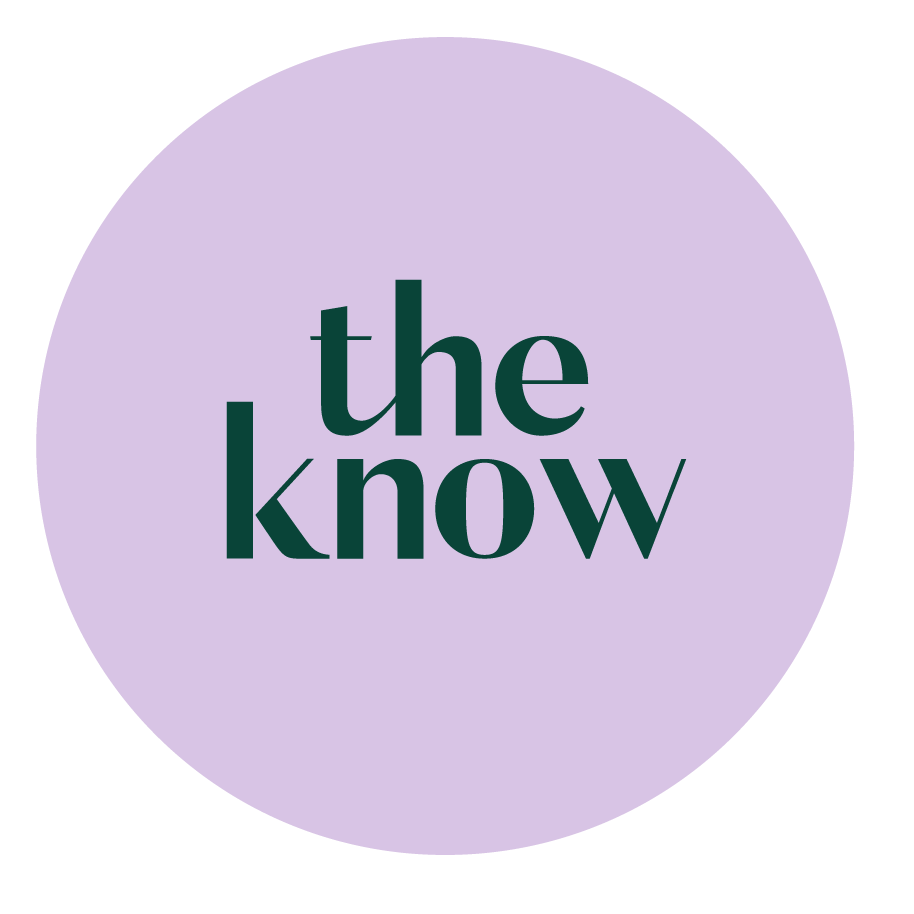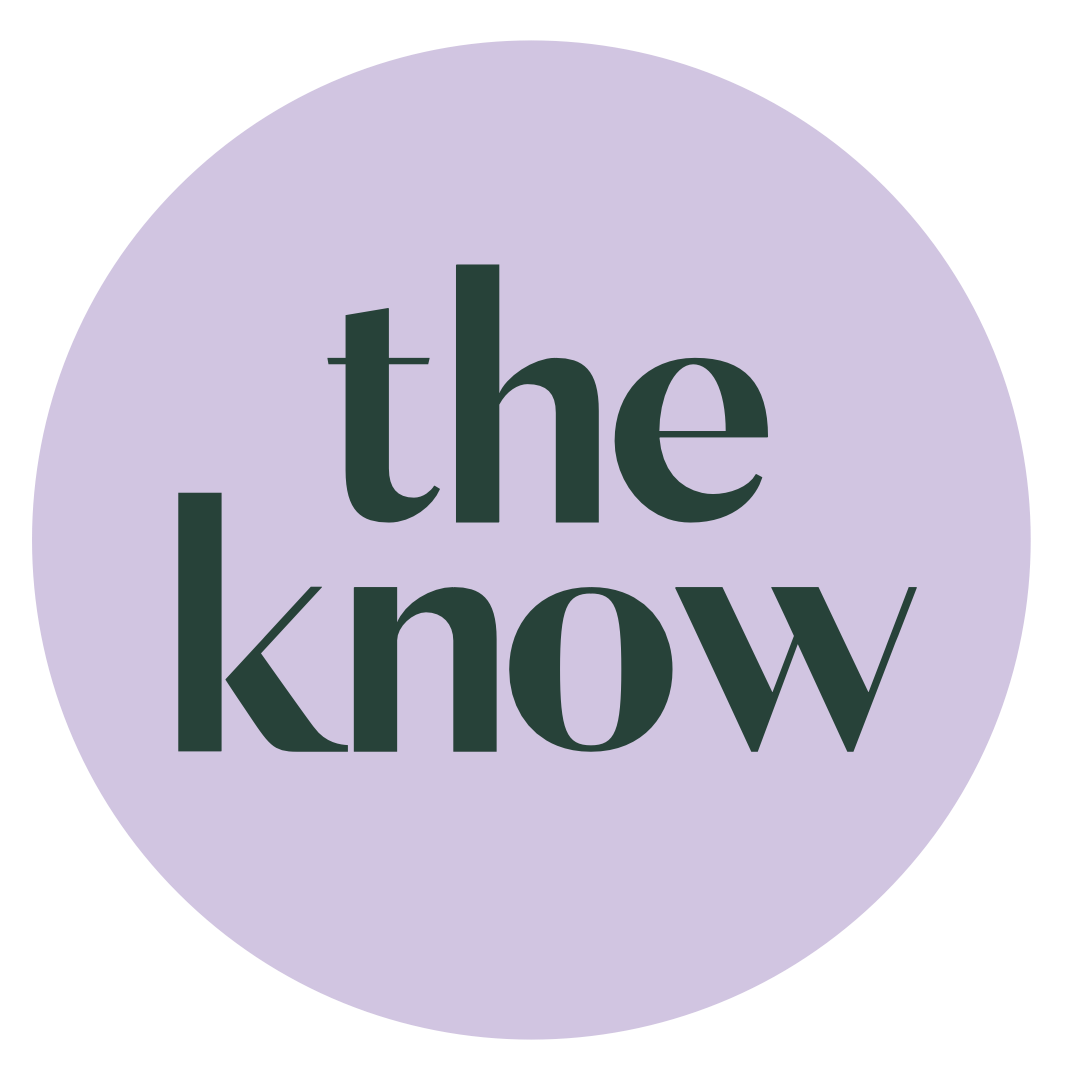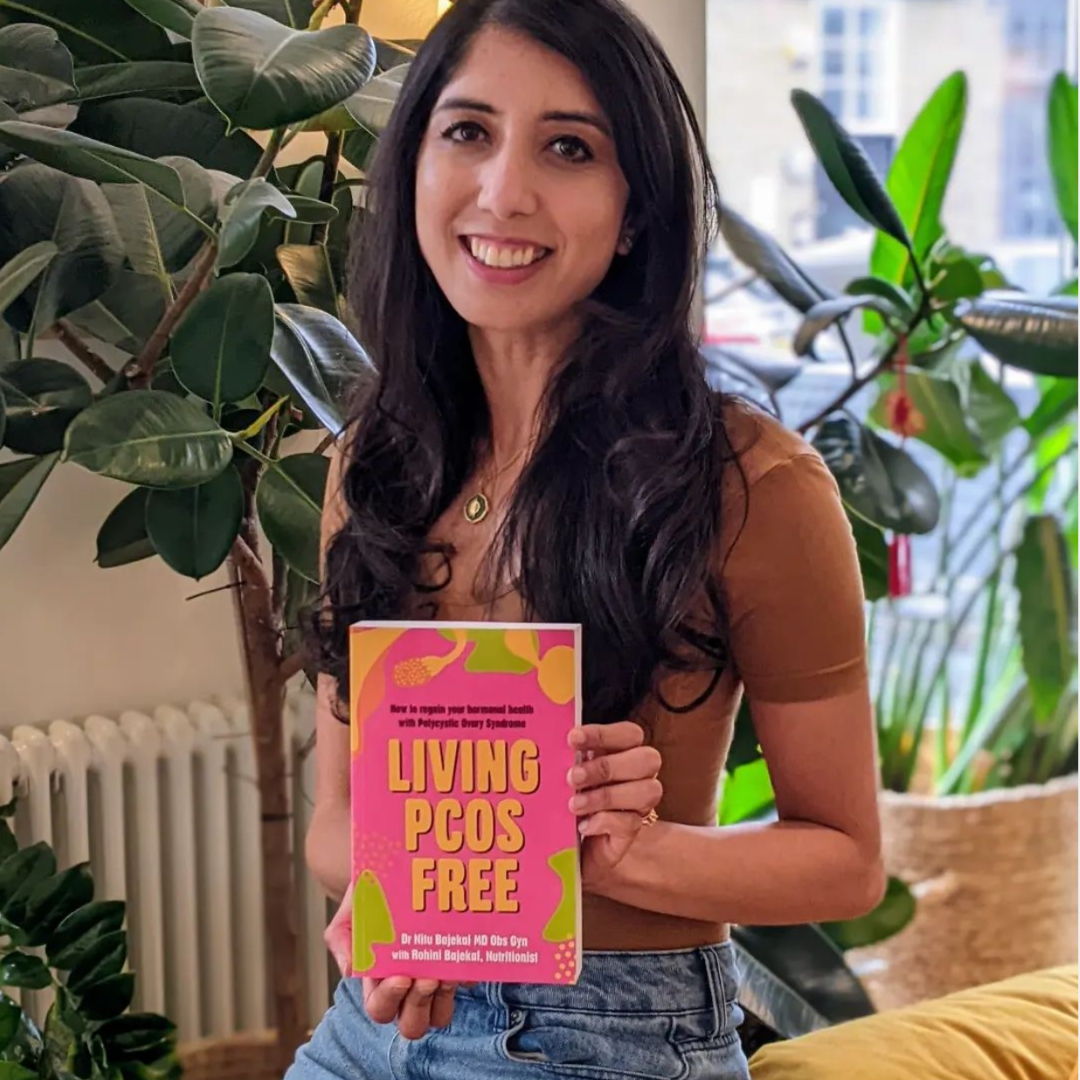Three myths about Polycystic Ovary Syndrome (PCOS)
Written by Rohini Bajekal, nutritionist and co-author of Living PCOS Free.
Polycystic Ovary Syndrome (PCOS) is the most common endocrine (hormonal) condition worldwide affecting at least one in 10 women, trans men and non-binary folk. However, three-quarters of those living with PCOS are never diagnosed.
There is no “cure” for PCOS, but the good news is that simple lifestyle changes can often be really effective at helping you manage PCOS symptoms in both the short term and longer term, whether or not you require medical treatment.
As a nutritionist and person living with PCOS, I would love to see more conversations taking place this September, which is officially PCOS Awareness Month.
What are the common symptoms?
Common symptoms of PCOS may include irregular or absent periods, acne, excess facial and body hair, scalp hair loss, anxiety, depression, infertility, sleep disturbances, disordered eating, gaining weight easily and insulin resistance, all of which can have a negative impact on quality of life.
There is a set criteria for diagnosis called the Rotterdam Criteria and it’s important to see your GP if you think you may have the condition.
Myth one: PCOS only affects you if you’re “overweight”
PCOS can affect people of all sizes. Most studies included in a 2019 systematic review could not conclusively determine whether PCOS contributed to excess weight gain or if excess weight caused PCOS.
While it is true that excess body weight is a risk factor, PCOS also affects two out of 10 people in the so-called “healthy” body weight range with a BMI less than 24.9 (or 23 for Asians). This is often referred to as having “lean PCOS”. Many people with lean PCOS also show evidence of insulin resistance and acne/excess hair growth. A significant proportion of those with lean PCOS are found in studies using MRI scans to have increased amounts of visceral fat, which is found around the abdominal cavity.
I always encourage my clients with PCOS to focus on what they can add to their diet rather than what they remove. We know that cycles of yo-yo dieting, also known as “weight cycling”, can actually lead to increased weight gain in the longer term. Low-calorie dieting also increases levels of the stress hormone cortisol, which is already dysregulated in women with PCOS.
Mental health issues can be more pronounced in people living with PCOS. Those with PCOS who live in larger bodies can also find it difficult to access medical care and treatment due to weight stigma.
Myth two: Testosterone is just a “male” hormone
This is factually incorrect. Testosterone is a hormone produced by all genders. It is often referred to wrongly as the “male” hormone, which reinforces the gender binary and adds to the stigma associated with PCOS, as most cis women with PCOS have some symptoms of androgen (testosterone) excess, such as acne or excess hair growth. The truth is that all humans produce all three sex hormones – testosterone, oestrogen and progesterone – in different amounts, depending on their gender, age and stage of life.
We live in a society where any amount of facial and body hair on cis women is considered unacceptable due to patriarchal and racist beauty standards. Excessive facial and/or body hair growth is the most recognisable sign of PCOS. The medical term for excessive facial and body hair growth is “hirsutism”. Androgen excess or local androgen sensitivity can cause hairs to be thicker and darker.
In some people, making lifestyle changes can help slow hair growth. For those wishing to remove hair, consider both short-term and longer-term treatments as cosmetic hair removal can be expensive and may not deliver the desired results. There is also the option of androgen suppression with the Pill and/or androgen blockers. This is just one more example where one size doesn’t fit all in PCOS as everyone responds differently to treatments.
Myth three: There is no treatment for PCOS
Can you control PCOS and live healthily? Absolutely. While there may be no cure for this hormonal disorder, there is plenty of hope and help available to make it possible to live a full and joyful life with PCOS, whether or not you require medication such as metformin or the Pill.
Sustainable lifestyle changes include:
Enjoy a dietary pattern that is rich in plant foods as only plants contain fibre including fruit, vegetables, whole grains, legumes (beans, peas, lentils, soya), nuts and seeds, herbs and spices with water as your drink of choice. This helps promote healthy gut bacteria, reduces inflammation and oxidative stress, normalises blood sugars, and lowers insulin resistance.
Move your body regularly, ideally in a form you enjoy. This is especially helpful after a meal – a short walk for 15 minutes can help curb blood sugar peaks. Resistance training is particularly helpful for improving body composition and reducing androgen excess in PCOS.
Prioritise a regular sleep routine and aim to get seven to nine hours of restorative sleep every day.
Avoid smoking, minimise alcohol and avoid excess caffeine.
Manage stress through mindfulness, meditation, psychotherapy, yoga or any other relaxing activity to manage stress levels.
Spend time with your support network and nurture relationships with friends and/or family.
Disclaimer: Always seek the advice of your GP or other qualified health provider regarding a medical condition. The above is not a substitute for a professional diagnosis or individual medical or nutrition advice.
Rohini Bajekal is a nutritionist and board-certified lifestyle medicine professional. Together with her mother, Dr Nitu Bajekal, ObGyn, Rohini co-authored Living PCOS Free: How to Regain Your Hormonal Health with Polycystic Ovary Syndrome. Rohini has personal experience of polycystic ovary syndrome (PCOS) and reversing insulin resistance after a diagnosis of prediabetes in her 20s.
Subscribe to Rohini's free fortnightly newsletter via www.rohinibajekal.com and follow her on Instagram @rohinibajekal for recipes and daily tips on healthy living.






